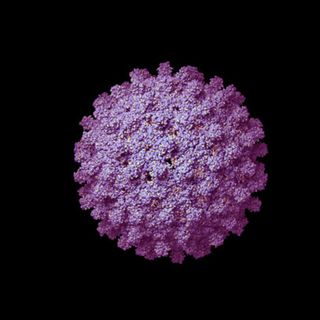Troubles with sleeping during pregnancy are fairly common — 20% of women suffer from insomnia during pregnancy. Some women also report getting more sleep in the first trimester, but complain of a drop in the quality of their sleep. These problems either go undiagnosed or are shrugged off as mild sleep problems that are natural while pregnant, according to The Conversation.
However, if identified, insomnia is easily treated, and doing so can help ensure a smooth pregnancy.
In this article, we try to highlight the main characteristics and symptoms of the condition and possible treatments to manage it.
What is insomnia during pregnancy?
Healthline defines insomnia during pregnancy as difficulty falling asleep, staying asleep or both. It can happen at any stage of the pregnancy but is common in the first and third trimesters.
What are the causes of insomnia?
Various physiological changes that occur duringpregnancy canlead to insomnia. For instance, the need to urinate frequently — urologists consider urinating more than eight times in 24 hours as frequent — or nausea and vomiting can keep women wakeful.Even back pain, cramping in the abdomen and legs, and breast tenderness can disrupt sleep during pregnancy. Other factors may include suffering from heartburn or experiencing vivid dreams. Anxiety about delivery or labor can also become a cause for disturbed sleep.
Is pregnancy insomnia harmful?
Insomnia during pregnancy doesn’t harm the baby but it causes women to feel tired, drowsy and fatigued when they should be well-rested.
How can insomnia during pregnancy be treated?
The ways to tackle insomnia while pregnant are very basic and doable. These include setting a bedtime routine such as sleeping at the same time every day, avoiding screen time before going to bed, or finding the right room temperature that helps you sleep comfortably.
Other methods include watching your diet and ensuring some form of physical activity in your daily routine — of course, after getting a go-ahead from the doctor.
While drinking plenty of fluids is always recommended during pregnancy and otherwise, if you are suffering from insomnia, then cutting down on liquids before going to bed might help, if frequent urination is waking you up.
If heartburn is causing disrupted sleep, then the problem lies in what you’re eating and limiting food intake in the hours before bed could help.
Healthline also suggests exercising during the day so you can rest at night. Meditation and relaxation techniques also come in handy in trying to induce or ensure a peaceful sleep.




